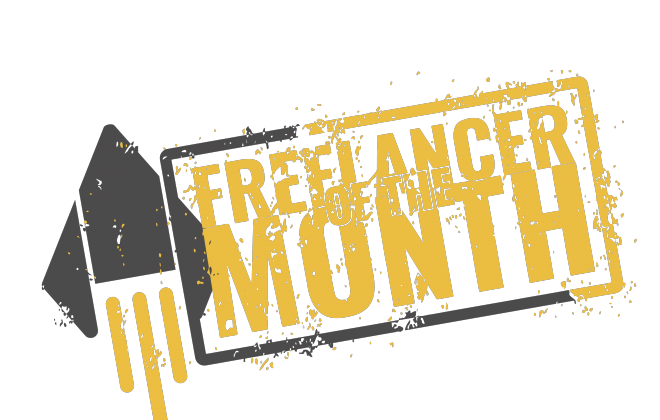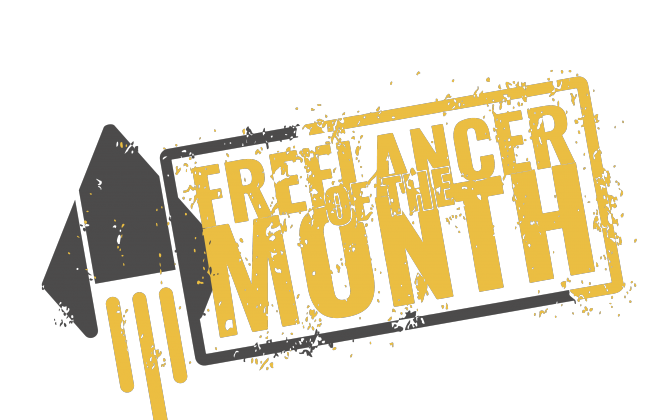Freelancer of the month – Edition MARCH
Freelancer of the month
Arnaud – March
Hi Arnaud, thank you for your time! First of all, can you tell us a little bit more about yourself?
It’s my pleasure! So, I’m Arnaud and working as a freelancer since 2010, and since 2019 at Connecting-Expertise. Here, I’m working as an IT consultant and project leader.
Being a freelancer in IT, is this a deliberate choice?
Definitely! You don’t have to work as a fixed employee, where you’re supposed to follow the management’s directives strictly. As a freelancer, I’m more the expert who’s not internally available. This is also the way I’m seen within Connecting-Expertise. They see me as a soundboard within the organisation, where I can propose different options and immediately exclude some, based on my experience.
So, freelancers are always seen as external consultants and advisers?
Not completely. I was a normal member of the development team initially, but this is not the way I want to add value to an organisation. I don’t want to be a normal worker; I want to be an external advisor for the partners. Only two things are needed to achieve this after a while. First of all, you need an intelligent manager. He needs to understand the value of a freelancer and give you a free role and not some list of fixed duties. But you also have to take ownership of this yourself and enforce it. These two components can lead to mutual trust and maximal advantage of freelancers in an organisation.
Do you have issues with setting your rates?
To be honest, I mostly decide this based on gut’s feeling and the size of the organisation. Starting at a smaller company as before sometimes means a lower rate than you were used to. But if the client is satisfied after a while, upscaling is always possible and often you evolve to being paid what you’re worth.
This can also be typical to the sector I’m active in of course. The projects in IT are often quite long and I often have to think about my rate only once a year, for example when you switch projects or have to negotiate a new contract. I won’t leave a project behind purely based on money; the organizational culture and the content of the job are way more important. But I’m sure that this is the opposite of some freelancer’s experiences in other sectors with much smaller projects, like journalists or photographers. They are often slave of their own freelancing life and for them, the uncertainty must be even bigger.
I’m freelancer because I can take up a role within an organisation I can’t have as a fixed employee.
Next to the rating issues, are they any other uncertainties you experience?
Long-term certainty is something I often think about. I’m not building up any seniority as my internal colleagues do, but I still have to take care of this myself. The same is valid for example for a mortgage, everything is more complex to get fixed. Obviously, this must be even harder for freelancers who earn less.
You mentioned retirement issues, but what about falling ill as a freelancer, isn’t this something you have to take assurance against?
I consider this quite analytically, it’s all about risk consideration. The odds of being physically incapacitated in IT are rather small. But to be honest, I recently started to consider it more, because I’m getting older and I’m also responsible for my family.
Good advice I always give about this: build up some reserves for yourself, you never know what happens to yourself or your beloved ones. Everything is getting more individualistic; the safety nets of society are slowly disappearing.
Is this tendency to individualism pushed through by society itself?
No, it’s more reluctance to change from the older generation. Everything still relates to the same central topic: expertise. Even when you’re 60 years old, an employer will look to two main things: you will get employed if you have adequate experience, and you have to be able to show to a client you will be of added value.




